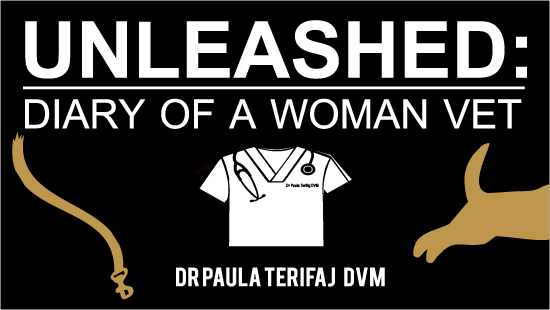If you have asked your doctor or veterinarian about the medicinal benefits of CBD (CannaBiDiol), chances are you did not get much advice – or worse – you got the look. You see, the White Coats don’t like questions they cannot answer and are even less likely to validate that a leafy green plant is helping you or your pet even if you say so. Let me set you and your doc straight.
First of all, the problem started with its botanical name: Cannabis sativa. Whether we are talking about the Hemp plant or its fraternal twin – “Marijuana” – the sister plants look quite similar, but their chemical makeup is quite different.
Here is the take home lesson: Both hemp and marijuana can produce high amounts of CBD, however THC (TetraHydroCannabinol) is produced at very different levels. Governmental regulations insist that to be classified as Hemp, the plant must contain no more than 0.3% THC by dry weight. In other words – not enough to get you high. Bottom line: The Federal government only seeks to regulate the chosen plant of the Flower Child. Back in the day, ruthless lawmakers used Reefer madness propaganda to make cannabis public enemy #1. As a result, Hemp – a cannabis plant – was thrown under the bus. In an attempt to right that wrong, passage of the 2018 Farm Bill legalized the industrial cultivation of hemp – making hemp derived products legal in all 50 states. And that fact is at the root of the CBD conundrum.
So, at this point in time, the hemp health product market is largely unregulated. Unfortunately, it seems that hemp has fallen into the murky waters of being a health food supplement. Therefore, it does not need to stand up to the same rigorous testing standards for potency, soil contaminates and label requirements. This opened the floodgates for poor quality hemp products which are risky – and not just for your wallet. Improper cultivation techniques, questionable extraction methods and lack of quality control measures are serious issues that knowledgeable skeptics like me are warning consumers about.
Do your homework before you buy Hemp Oil
Research the company: Find out where the products are made and shipped. Study websites and be sure there is contact information if you have any questions. C02 extraction is preferred – avoid extraction methods using chemical solvents.
Look for lab testing: Hemp is considered a bioaccumulator – plants that can contain soil, chemical contaminants and other toxins. Get verification of the total amount of CBD contained in the bottle. Scrutinize number of milligrams (mg) per milliliter (ml) or drop.
Read labels carefully: CBD must be the first ingredient – no exceptions. Watch out for added ingredients like, herbs, essential oils, and vitamins. Loading the product with extras is a way to reduce the amount of CBD and cut the costs. Note: it’s common to see good carrier oils like coconut oil and MTC.
RELATED: Finding the Cannabis Sweet Spot for Pets
As of November 2018, the following states have legalized marijuana: Alaska, California, Colorado, Maine, Michigan, Nevada, Oregon, Vermont, Washington. If you are lucky enough to live in one of these progressive states, like I do, you can choose CBD products from non-hemp sources. I’m a stickler for lab testing analysis on any cannabis product – so I know what’s in the bottle! In legalized states, Certificates of Analysis are required and must be available for consumer review. One product I am most familiar with is Vet CBD Oil. As you might have guessed, an enterprising veterinarian founded the company. Sourced from cannabis (non-hemp), it can only be sold in dispensaries – which makes it unavailable to most pet owners. So, I will continue to dig around for high quality hemp sources of CBD, but, without the testing I have come to expect in California, this has been very challenging.
In conclusion, thanks to the Feds, red tape regulations have tied the hands of health care professionals, confused consumers, and no doubt, denied patients access to a plant that can and has by far exceeded my expectations.






